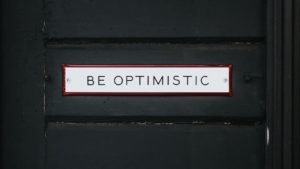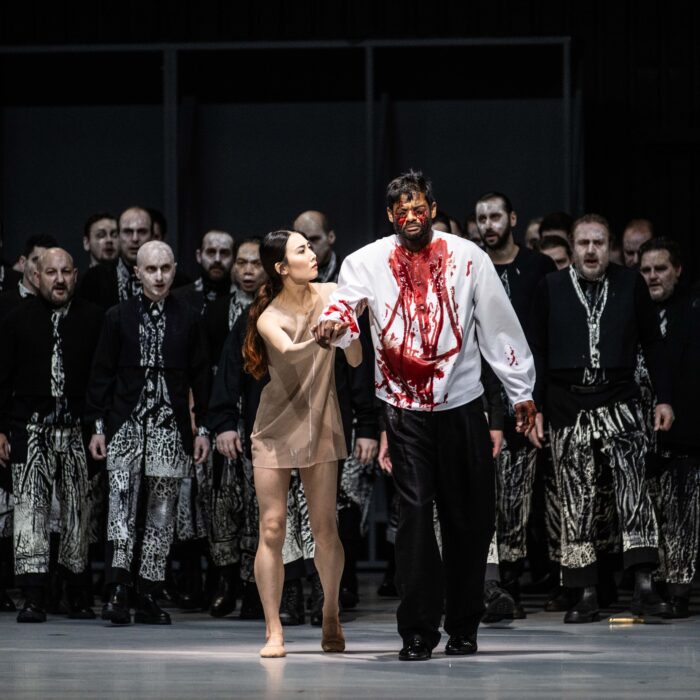
Criticism on Fridays: Catching Up With Opera Today
Operatic Art Reaps the Juicy Fruits of the Protracted World Crisis
By Polina LyapustinaEvery Friday, Polina Lyapustina delivers a short essay on some of the most essential topics in the industry with the intent of establishing a dialogue about the opera world and its future.
After going from constantly looking for updates on the pandemic to seamless freedom of attending events, we could easily miss that October is already here. October means the summer is over, and that most opera companies will soon open their seasons.
Before the pandemic, we would never miss reopening events since we knew season programs in advance and we would mark all the fascinating events in our calendars and our subscriptions would be pre-ordered.
Normally, I would already have all my flights and hotels booked around Europe through Christmas, with the usual fancy premiere in Paris in October, Jonas Kaufmann in Munich in November, the Donizetti Festival in Bergamo right after, and something new just before Christmas.
But now… what I once called my usual operatic routine, which I enjoyed so much every autumn, has turned to dust. And all I could do, as I return from my recent vacation, was to look around (the world wide web) with my eyes wide open.
And suddenly, what I saw was a far cry from everything I had been writing about the whole year.
The Metropolitan Opera opened a new season this week with a historical premiere of the first opera in its 138-year history to be created by a black composer. It certainly made a splash not only through the mastery of the work itself and its production on stage, but by how it expressed the possibilities that new opera and new topics can open for the opera world. The very next night, the company further asserted its strength by opening Stephen Wadsworth’s acclaimed production of “Boris Godunov.” What an enviable diversity of repertory, I wanted to note.
At the same time, smaller and bigger companies across the U.S. have started their seasons. Some have opened with old productions, while others premiered brand new pieces. Others still started with concerts. Not many decided to stick with the online strategy that paid off last season though Haymarket Opera in Chicago opened with a new filmed production of “Orlando” with a bombastic combo of Bejun Mehta’s singing and Craig Trompeter’s reading of the score, which is certainly a thing not to miss.
Meanwhile, major European companies are making noise as well. The Opéra de Paris is putting on performances at both of its theaters. The Teatro Real de Madrid and the Maggio Musicale Fiorentino feel as if they never left and have now begun a full-season program. La Scala holds operatic events almost daily. The ROH invites its friends and guests to numerous extra-curricular events, while the Bayerische Staatsoper strikes gold with star performers and conductors in its diverse program.
Everyone is back to their familiar style, as you can see. But numerous precious events in Europe are happening in the smaller areas where local theatres are slowly resuming their activity with some unplanned events — education activities, mini-festivals, and dedications to those who left. No one can guarantee or sustain their long-term plans, and yet, they do what they can do now.
The only place where the pandemic influence is very noticeable is Australia, where due to new restrictions, the season was postponed again. But did opera disappear on the entire continent? I don’t think so.
This sad fact only suggests that the industry is greatly affected by external influences. For Australia, it means that the industry will need support to survive another wave of the pandemic. But the art, as we now see it returning on stages around the globe, will remain and I would say, not only remain but progress.
We can expect new topics and perspectives to follow the bright path of Terence Blanchard & Kasi Lemmons’ “Fire Shut Up in My Bones” on smaller and bigger stages. The empty space and free time, glorified by baritone and educator Holger Falk, were very fruitful for the authors.
And when we expectedly saw how the ranks of performers have noticeably thinned, we couldn’t predict how many of them would return after the break to fulfill their passion and hunger for the art. And how many of those who find new roles will enjoy them as if for the first time. Recently, I have seen few complaints about long rehearsals, and opera Instagram accounts are filled with delight and adoration for the work of stagehands, designers, and wig and make-up artists. Is it a short-term euphoria, you ask? Perhaps. But I’d say it is the missed ingredient in the life of every performer.
The pandemic is still here, but this autumn we have an exclusive chance to open the opera seasons to a pandemic world. To see the art we missed so much… And to understand that it’s alive (perhaps more alive than before) is amazing.
Most of the remaining problems are the problems of the particular players of the industry. But do they matter now? Now, when you return to your favorite hall, do you think of them? Music and art are not yet absorbed in those economic, political, and social problems. And that is why we don’t see them. The industry gave so much control over the art to the third-party players, but now, reopening our beloved art, we had to work for it together. And every result I see or read about so far is a pure masterpiece.
They will come. Those problems and their keepers. We will talk about them again. But now, open your eyes, ears, hearts, and enjoy the entire opera industry working in the name of art, not vice versa.
What a beautiful show.


